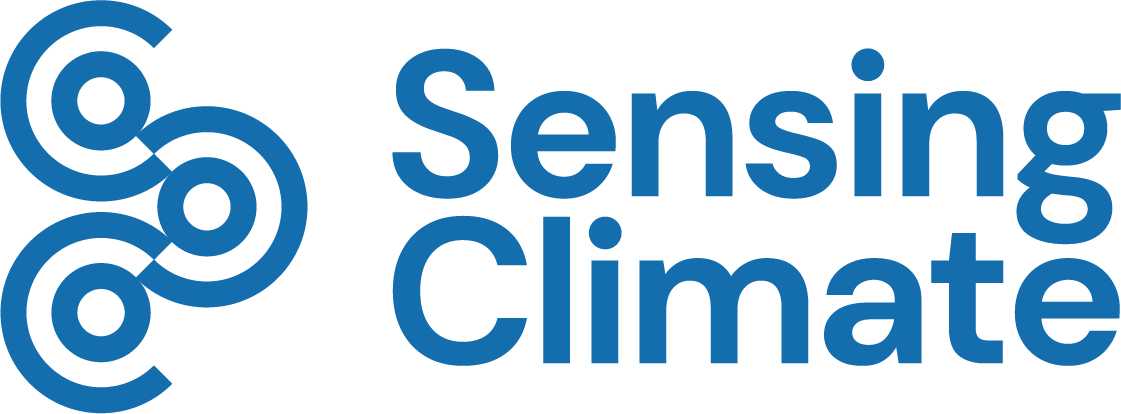Teaching disability, social justice & climate-resilient development
By Sarah Bell
Over the last few years, I have included teaching on disability and the climate crisis across a number of courses that I lead or contribute to at the University of Exeter. But it was always a single session here or there, with limited time to engage with the complexities in this area.
So it was really exciting to pilot a full module this year on ‘Disability, social justice and climate resilient development’ as part of our MSc in Environment and Human Health.
The module was developed and run in collaboration with excellent colleagues internationally – Professor Siri Eriksen and Professor Ruth Kjærsti Raanaas at the Norwegian University of Life Sciences in Oslo, Norway, and Professor David Mfitumukiza at Makerere University in Kampala, Uganda.
We introduced core concepts of disability, eco-ableism, social justice, climate justice, climate-resilient development, transformative and place-based adaptation, wellbeing, climate anxiety, solastalgia and care, alongside a range of practical examples. You can download a summary of the module structure here in case of interest.
At the outset, cross-cultural student working groups were set up, with groups supported to examine and reflect on how different social and cultural contexts shape varied perspectives of – and responses to – disability and climate justice.
Through the module, we shared both topic-relevant knowledge and methodological tools to support groups to explore and reflect on these perspectives in detail through specific case studies across the UK, Norway and Uganda.
The groups shared their learning in the final session of the module through five 30 minute presentations. They chose a really interesting range of topics, including:
Ableism in early warning systems for adverse weather events
Inclusion of disabled people in climate decision making
Disability and climate education
Disability, adverse weather events and access to green/blue space
Disability, flood risk and access to public transport
One group created a fictional character, ‘Amy’, who was a wheelchair user, and narrated her journey through three different case study areas. They explained the range of enablers and barriers she may experience in trying to navigate the three places in the context of a flood.
Bringing in insights from the other group presentations, you could imagine expanding this journey to reflect on how Amy would hear about and respond to adverse weather events across the case study areas, and how this would be shaped by education systems, political decisions, the physical fabric of each place and the social contexts of different communities.
Overall, the course went well and we have received some lovely student feedback, for example:
“The information obtained from the course has opened my eyes to the importance of PWD inclusion in all aspects of social research and policies”
“Disabled people have equal rights to be included in policymaking without any discrimination. It is crucial to make some solid implementations and make things equally available for all”
“I will use it in my work and future education because it did not only make an academic impact but also personal. It has made me look at things in a new way and I would love to take more classes with this specific topic”
There were also many valuable learning points for us to address for next time, for example, the volume of content each day (always too much to cover!), the complexity of the assignments, and reducing the size of the groups.
However, the discussions through the module have really highlighted the importance of embedding education around disability and the climate crisis amongst people who will potentially be shaping climate action, education and governance in the future.
